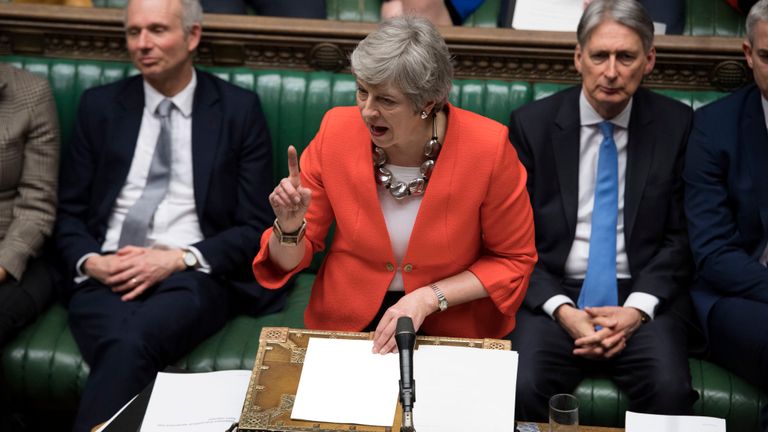Earlier this week, the UK parliament rejected the exit deal negotiated by the British prime minister (PM) for a second time. It also voted (1) in favor of ruling out a “no-deal” departure, and (2) to ask the European Union (EU) for permission to delay Britain’s withdrawal from the bloc until at least June 30th.

But unless Parliament backs the PMs existing departure deal in a third vote planned for early next week, the requested delay could be much longer.
With no deal now looking less likely – albeit not impossible – surplus stockpiles (British companies increased their inventories in anticipation of a no-deal Brexit making trade with the EU more difficult and expensive) could potentially be released, leading to a disappearance in the UK’s recent frantic economic growth, as demand readjusts.
Meanwhile, Eurostat reports that annual inflation rate in the Euro Area came in at 1.5% in February, unchanged from the preliminary estimate and above January’s final reading of 1.4%.
According to the details, the supercore inflation – the prices that are responsive to the business cycle – rose to 1.31% y/y (vs 1.27% in January), the highest since September 2013 and well above the trough of 0.83% hit in February 2015 but still significantly below the ECB’s target of below but close to 2%.
Annual core inflation, which excludes volatile prices of energy, food, alcohol & tobacco and at which the ECB looks in its policy decisions, decelerated to 1%, from 1.1% in January.
The inflation data provides additional evidence that the acceleration of wage growth is finally feeding into prices, setting the right conditions for a first rate hike in March 2020.
Global markets
The blend of (1) the Brexit deadline extension, (2) fresh fiscal stimulus introduced by the Chinese government, and (3) better economic data, seemed to sit well with equity investors, as appetite for risk assets recovered from last week.
Evidently, performance was positive in the U.S (DJIA: +1.2%, S&P: +2.7%), Euro Area (FTSE: +1.6%, Euro Stoxx: +2.6%), and Asian market (CSI 300: +2.4%; Nikkei: +2.0%). The positive global performance filtered into most emerging markets (MSCI EM: +1.8%) with indices in India (+3.7%) and Brazil (+4.0%) closing in the green.
Equally, sentiments were positive in frontier markets (MSCI FM: +0.8%), with gains across Argentina (+2.4%), Kenya (+1.3%), and Kuwait (+1.9%).














